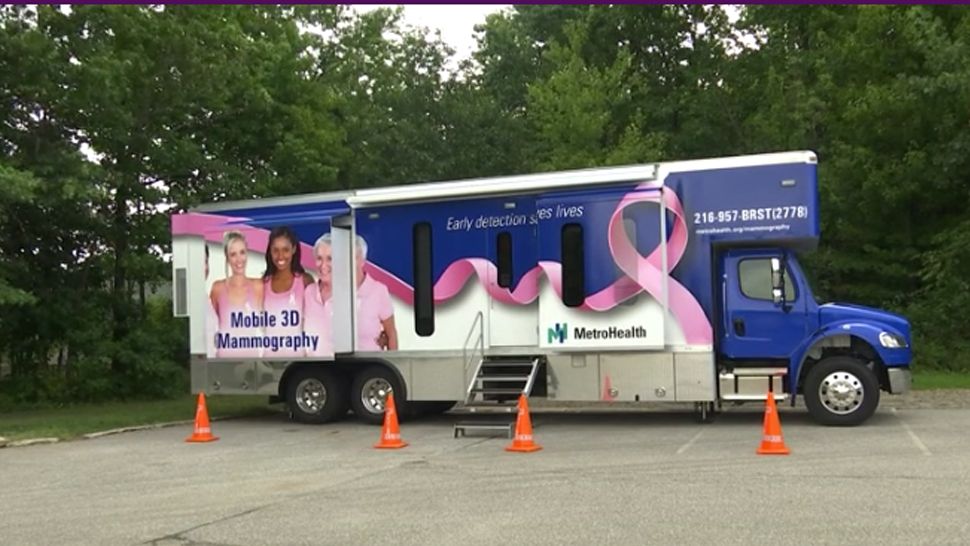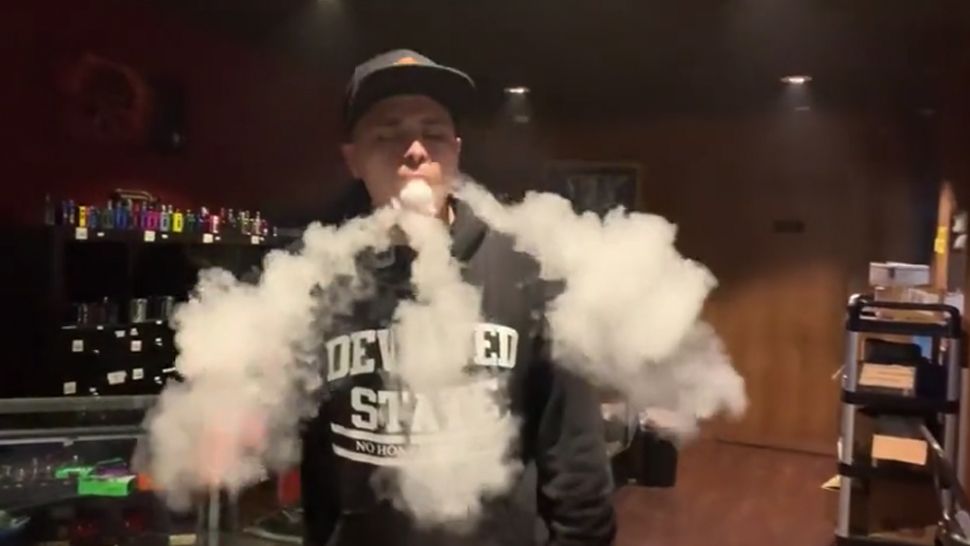CLEVELAND, Ohio—Blue HELP is a non-profit organization that tracks law enforcement suicides. It reports 114 officers nationwide have died by suicide in 2019.
- The Cleveland Division of Police says their last active duty suicide took place in 2012 and they’ve since had several retired officers take their life
- Cleveland is one of a few departments that offers voluntary stress counseling services
- Cleveland Police Department officials say many of the suicides are linked to mental and emotional health issues that went unaddressed
“Career in law enforcement does put you in position to see a lot of negativity, to experience a lot of trauma,” said Jennifer Ciaccia, sergeant, Cleveland Police Department.
According to the organization, at least 159 officers killed themselves in 2018.
Cleveland Division of Police Sergeant Melissa Dawson says those numbers hit close to home.
“Our last completed suicide was in 2012, an officer who was still active in law enforcement, we have had some retired officers who have committed suicide since then,” said Dawson.
Dawson started as a patrol officer 20 years ago, but has seen a lifetime of tragic events.
“The things that we see are not what the average person is going to see…violent deaths, child deaths, elderly being beaten, domestics, we don’t typically go to a house because someone is having a good day,” said Dawson.
Cleveland Police Department officials say many of the suicides are linked to mental and emotional health issues that went unaddressed.
“Sometimes the officers will experience a critical incident, and instead of decompressing, they will continue to work for multiple days in a row,” said Ciaccia.
Dawson now works at the head of the Employees Assistance Unit—a department that helps officers proactively deal with the stressors and trauma they face every day. It offers voluntary stress counseling services where officers can also see a psychologist if they choose to.
“Officers still have that mindset, that I’m weak if I reach out for help,” said Dawson. “We’re trying to change that culture, we’re trying to offer these programs, we’re trying to say it’s okay, we’re not going to take your gun away from you, you’re not going to be stuck in an office somewhere, those things don’t exist.”
Dawson says in the average 20-year career in law enforcement, officers see at least seven traumatic critical incidents every year.
“You can’t go your whole career like this, you have to find a release, so we’re trying to find those healthy coping mechanisms for officers,” said Dawson.
In reaction to the growing personal and professional stressors officers face, the CPD Employee Assistance Unit has started to offer even more services, including yoga, mindfulness retreats, horse therapy and peer-to-peer counseling.
Dawson says it’s been received well.
“Probably the last 3 years, we have found a dramatic increase in the number of calls we’ve received from officers, supervisors, recommendations, referrals,” said Dawson. “I’m willing to bet we’ve doubled, maybe tripled our call numbers in the last three years.”
Blue HELP is currently the only database in the country that collects law enforcement suicide data.
If you or someone you know are considering suicide, the National Suicide Prevention Lifeline is available to 24 hours a day. You can reach them at 800-273-8255.








